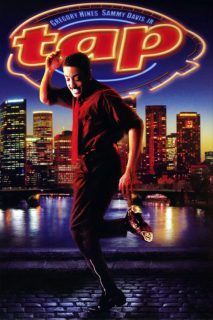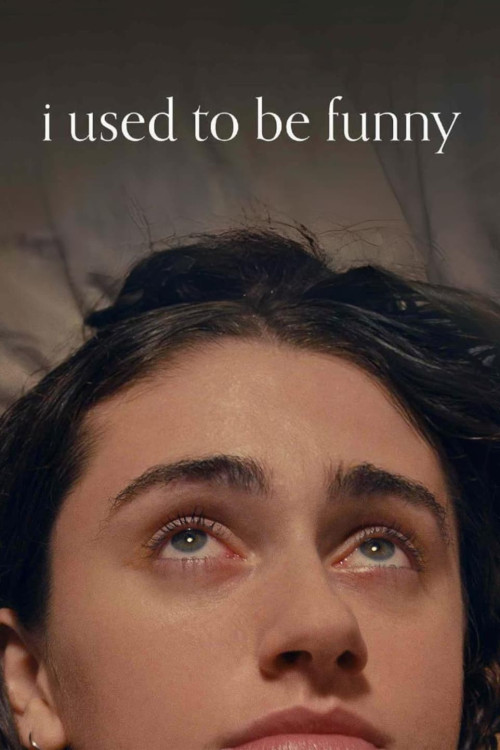
- Year: 2023
- Released: 13 Mar 2023
- Country: Canada
- Adwords: 2 nominations
- IMDb: https://www.imdb.com/title/tt16300138/
- Rotten Tomatoes: https://www.rottentomatoes.com/m/i_used_to_be_funny
- Metacritics:
- Available in: 720p, 1080p,
- Language: English
- MPA Rating: N/A
- Genre: Comedy, Drama
- Runtime: 105 min
- Writer: Ally Pankiw
- Director: Ally Pankiw
- Cast: Rachel Sennott, Olga Petsa, Jason Jones
- Keywords: post-traumatic stress disorder (ptsd), toronto, canada, nanny, comedian, female protagonist, woman director,
 | 6.6/10 |
 | 83% – Critics |
 | false% – Audience |
I Used to Be Funny Storyline
Sam, a stand-up comedian struggling with PTSD, weighs whether or not to join the search for a missing teenage girl she used to nanny.
I Used to Be Funny Photos
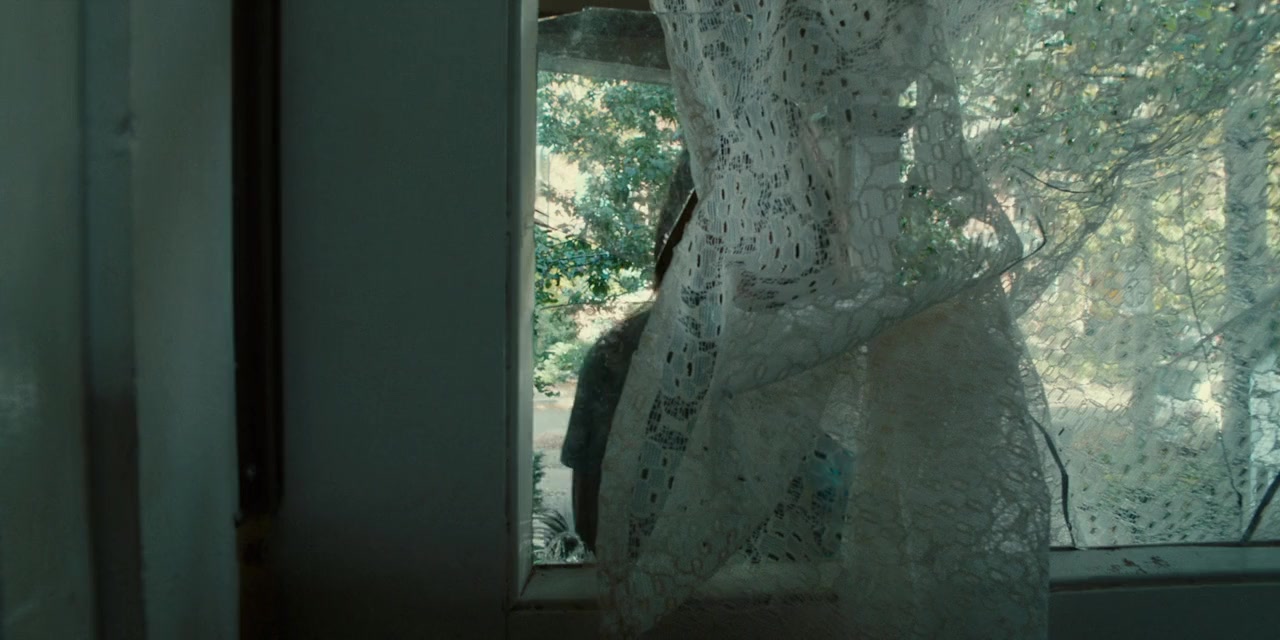
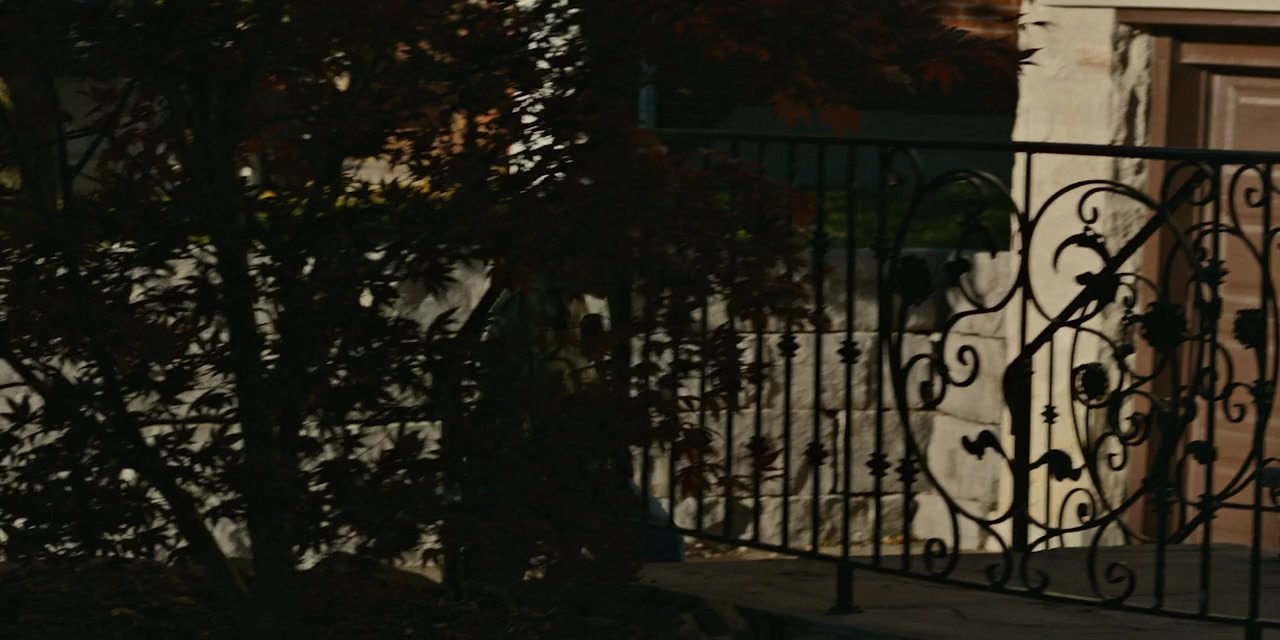
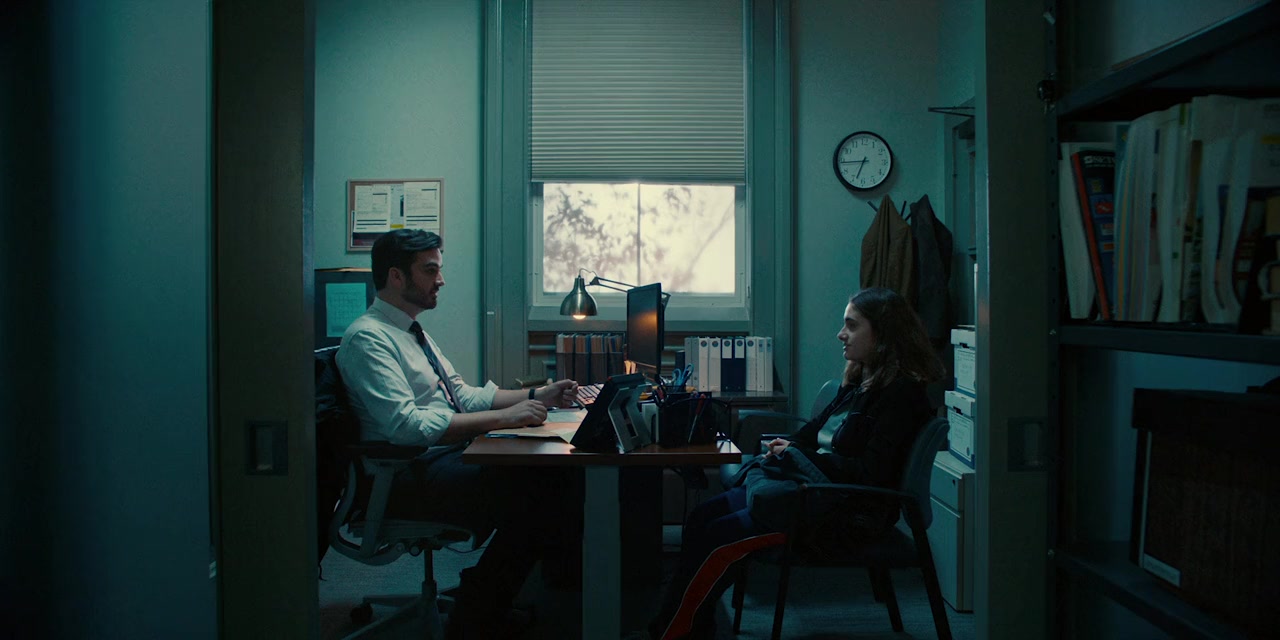
I Used to Be Funny Torrents Download
| 720p | web | 975.06 MB | magnet:?xt=urn:btih:FD3EE32A200773A11CFBA49CA2F4DA604CA76E81 | |
| 1080p | web | 1.95 GB | magnet:?xt=urn:btih:BDB541C177557E5F02BF1A5EB6AAACE9470B41DE |
I Used to Be Funny Subtitles Download
I Used to Be Funny Movie Reviews
Spoiler : not a movie about Tom Cruise
Still a very enjoyable movie seen the limited budget that it was made with.
The movie starts slow at the beginning but then picks up pace.
Sam (Rachel Sennott) looks like one of those stand up comedians you meet once in a while in a stand up comedian club of which you wonder afterwards how they are doing because you never see them again in that same stand up comedy bar.
At some point you wonder whether they moved on to something new or if they moved to another stand up comedy bar which you aren’t visiting and getting better reviews for their work or that they might end up suddenly in some movie which you just happen to view on a rainy day.
I guess that is what the movie is really about.
A profound cinematic experience
“I Used to Be Funny” is a captivating Canadian film that masterfully weaves together raw, heartbreaking moments with a surprising touch of humor. Rachel Sennott’s performance shines yet again, reaffirming my unwavering admiration for her talent. As both the lead and a true force on screen, Sennott’s portrayal effortlessly captures the complexities of the character’s journey.
Ally Pankiw’s directorial debut is stellar, showcasing a deep understanding of the human experience. While not flawless, the film’s imperfections only add to its authenticity. Pankiw’s skillful storytelling draws viewers into the protagonist’s world, offering an accurate depiction of life with PTSD. The film’s ability to blend these elements in a way that’s both poignant and relatable makes it a must-see for anyone seeking a moving cinematic experience.
A substantial blend of fragile drama and witty humour
Ally Pankiw’s feature debut “I Used to be Funny” competently explores fragile experiences of depression and PSTD, recovering from assault, and child endangerment with a tame dose of fragile drama, sprinkled with witty humour.
Pankiw’s choice to present the story through sequencing between Sam’s mission to find a missing Brooke, the young girl she nannied, and frequent flashbacks of memories of the two’s once-close bond. While the concept of a non-linear narrative is meant to efficiently expand the dynamics and pasts of the characters and their journeys, which it technically achieves for the majority of the film. The beginning of this sequence felt static as the vague nature that shrouded the connection between Sam, her trauma, and her past with Brooke, overstayed its welcome in the first third of the story. However, the pace thankfully accelerates once the first clues of Brooke’s disappearance are uncovered.
Some elements of the film at times, lean too hard into melodrama that lacks actual substance, especially in the vague and unmoving first third of the film. Cuts to some flashbacks that felt somewhat cliche a script that at times felt too expository, and perhaps two-too-many Phoebe Bridgers needle drops; tools that ask the audience to engage with the characters and the mysterious tragedy that haunts them. These elements may have been appropriate in the context of a television episode, considering Pankiw’s background in TV direction, but unfortunately fell flat within a full-length feature film.
Amidst these faults, one of the film’s greatest strengths is its talented cast. Rachel Sennott’s has not only cemented herself as a star of off-beat and relatable comedy but also demonstrated a striking capacity for performances filled with intense vulnerability, harmoniously embodying all relevant elements of the tragicomedy genre. Her ability to foster chemistry with the rest of the cast only adds further dimension to the sorrow and humor that defines her character’s journey.
Overall, I Used to Be Funny poses an intimate image of how trauma can take control of our lives and sense of self-worth. While bleak, the potential for healing is also presented as the empathetic and hopeful conclusion to Sam and Brooke’s journey. While the film’s approach at times lacks the ingenuity and impact it clearly intended to bring, it remains that Pankiw’s strength lies in how she stays firm with the difficult themes and issues she addresses.

